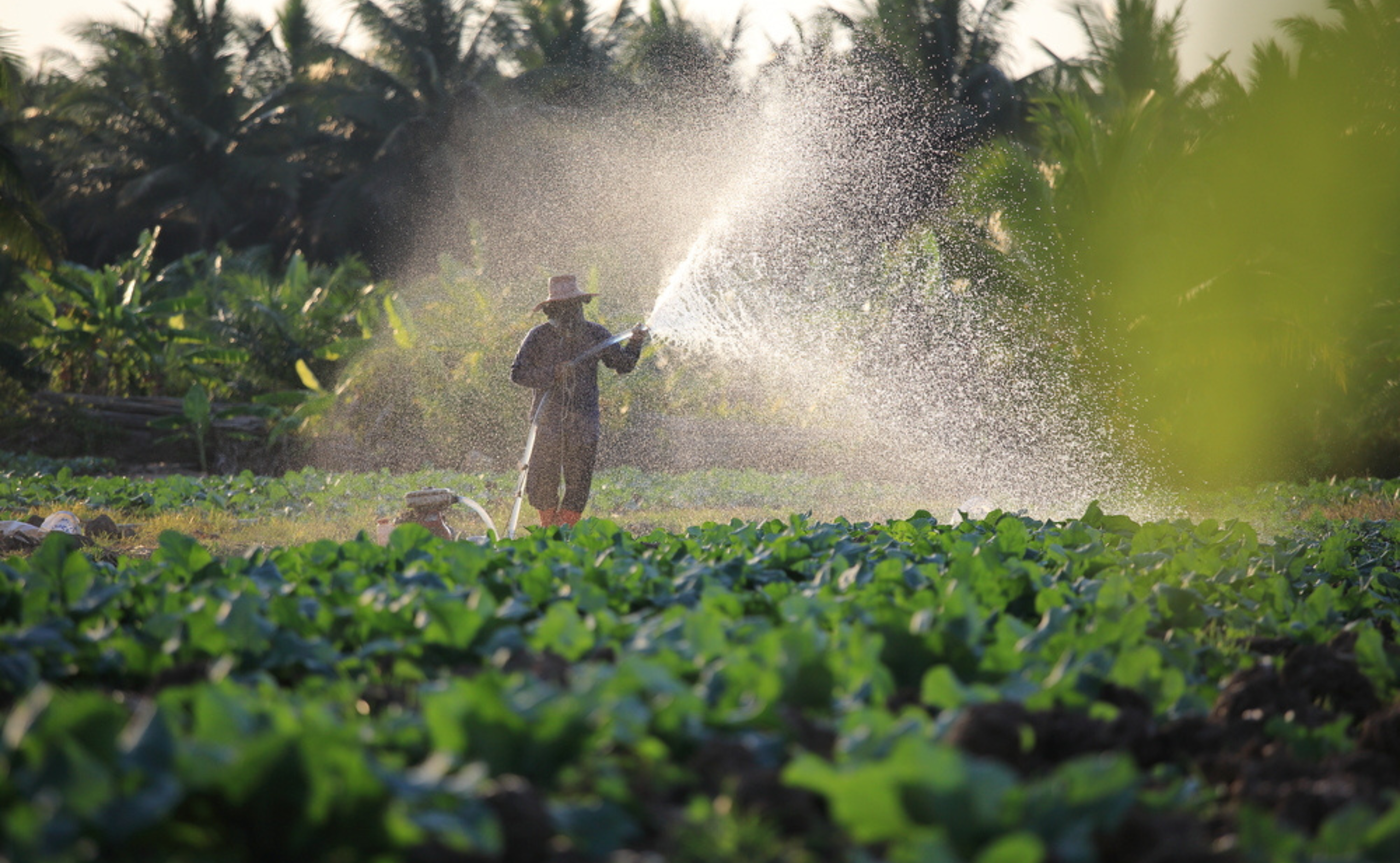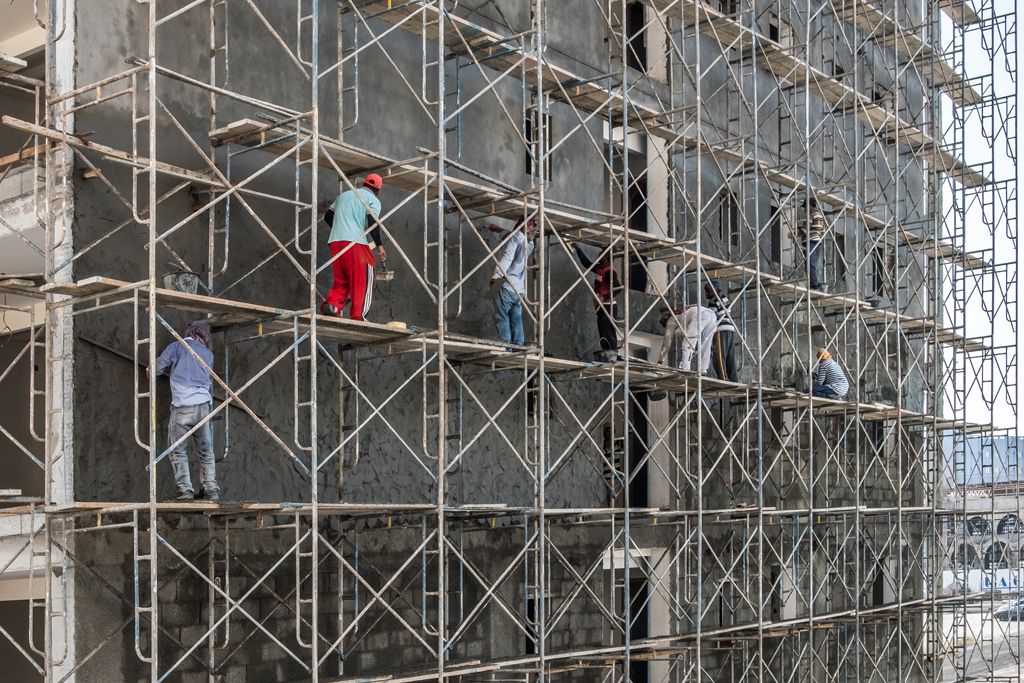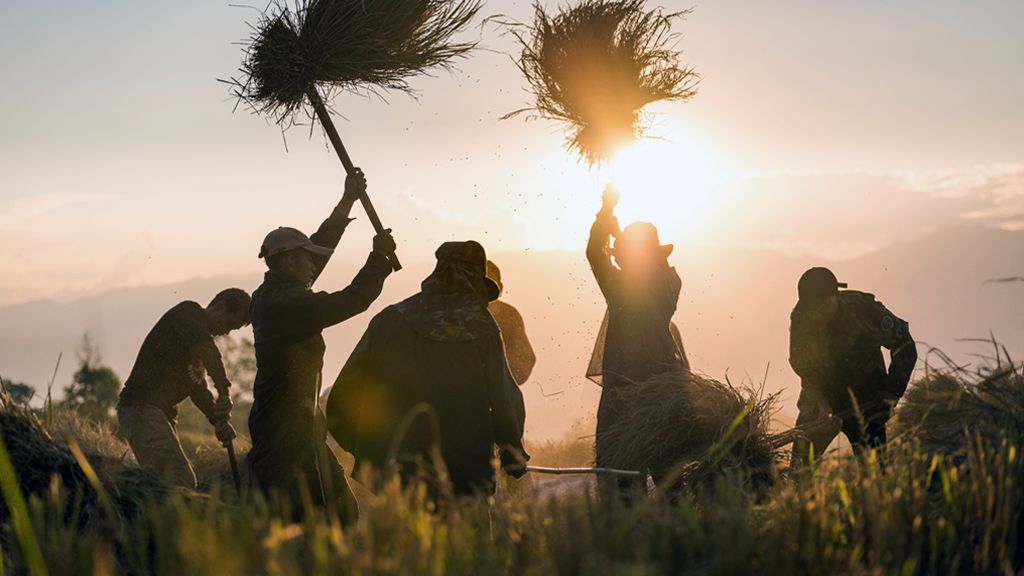
Jeetendra Prakash Aryal
Jeetendra Prakash Aryal is an economist at the International Center for Biosaline Agriculture, Dubai, United Arab Emirates.

- Climate change, Environment

- Climate change, Environment

- Agriculture and natural resources, Economics, Water

- Governance and public sector management, Health, Poverty, Social development and protection
- Agriculture and natural resources, Governance and public sector management, Health, Poverty, Social development and protection

- Agriculture and natural resources, Climate change, Environment
